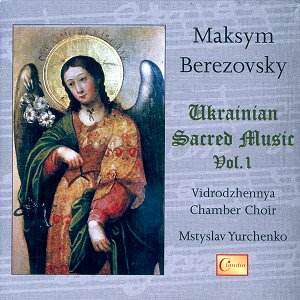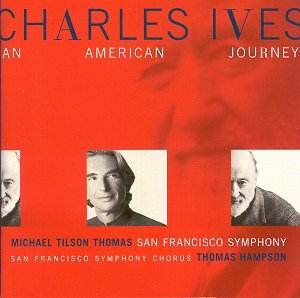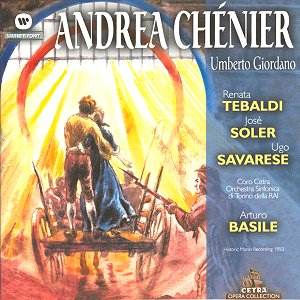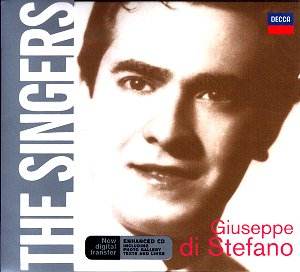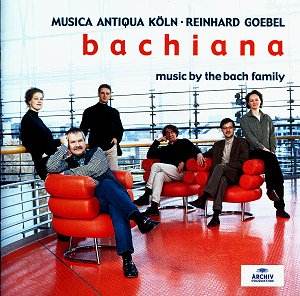 Composer: Various (The Bach Family)
Composer: Various (The Bach Family)
Works: Johann Ludwig Bach: Overture in G; Heinrich Bach: Sonata I “a cinque” in C; Sonata II “a cinque” in F; Johann Ludwig Bach: Concerto in D; Johann Christian Bach: “Aria Eberlina pro dormente Camilla”; Cyriacus Wilche: “Battaglia – anno 1659 composita”; Signr. Pagh: Sonata and Capriccio in g; Johann Sebastian Bach: Concerto in D (after BWV 249)
Performers: Musica Antiqua Köln, directed by Reinhard Goebel; Solo Harpsichord – Léon Berben
Recording: Cologne, Deutschland Radio, Sendesaal, September 2000
Label: Archiv 471 150-2
The music of the Bach family, often eclipsed by the towering figure of Johann Sebastian, presents a rich tapestry of styles and influences that merits exploration beyond the shadows of its most famous progenitor. This recording by Musica Antiqua Köln, directed by Reinhard Goebel, offers a compelling survey of works primarily by Johann Ludwig Bach and his contemporaries, shedding light on the familial lineage that contributed to the evolution of the Baroque idiom. The collection is particularly intriguing as it features a blend of well-documented pieces alongside those of dubious authenticity, providing an engaging glimpse into the musical heritage of the Bachs.
The Overture in G by Johann Ludwig Bach opens the disc with a spirited vigor, characterized by a lively interplay between strings and oboes. The ensemble’s execution is commendable, with a crisp articulation that brings out the Italianate influences in Bach’s writing. The dance movements—especially the Gavotte and Bourée—display a delightful juxtaposition of buoyant energy and lyrical wistfulness. Goebel’s interpretative choices highlight the inherent charm of these dances, with an emphasis on dynamic contrasts that enliven the textures without sacrificing clarity. This is particularly effective in the Airs, where the strings achieve a limpid sound that evokes a nostalgic quality, reminiscent of the pastoral themes often found in the works of contemporaries like Muffat.
Heinrich Bach’s contributions, particularly the two sonatas “a cinque,” provide a fascinating contrast. While these pieces reflect an older style, reminiscent of Schmelzer, they reveal a certain structural rigidity that can feel somewhat dated. The ensemble captures the contrasting sections with precision, though some passages suffer from a thinness in texture that detracts from their overall impact. This is not the fault of the performers, but rather a characteristic of the material itself, which lacks the vibrancy of Johann Ludwig’s more forward-looking compositions.
Léon Berben’s performance of Johann Christian Bach’s “Aria Eberlina pro dormente Camilla” showcases an interesting precursor to J.S. Bach’s own harpsichord variations. The technical execution is commendable, with Berben navigating the extensive set of variations with clarity and poise. However, the instrument’s sound lacks the brilliance one might hope for in the upper registers, leading to a somewhat muted experience. This choice of harpsichord, while perhaps historically appropriate, tends to undercut the expressive potential of the variations, which cry out for a more vibrant instrument to truly shine.
Cyriacus Wilche’s “Battaglia,” while historically significant, ultimately feels less engaging. Its limited thematic material and repetitive structures do little to captivate the listener, and the performance, while competent, lacks the vivacity one associates with the battle genre. In contrast, Signr. Pagh’s Sonata and Capriccio offer a pleasant diversion, with its influences from Muffat and Biber shining through in the solo violin writing, executed with panache by the ensemble.
The disc culminates with Johann Sebastian Bach’s Concerto in D, a reworking of the Easter Oratorio that transforms the choral opening into a dazzling instrumental showcase. The orchestration for trumpets and strings brings a splendid brightness to the proceedings, and the ensemble’s interpretation is both spirited and cohesive, providing a satisfying conclusion to this exploration of the Bach family’s legacy.
This recording serves as a valuable addition to the discography of early Baroque music, illuminating the works of the Bach family with a level of interpretative insight and energy that is both engaging and scholarly. Musica Antiqua Köln, under Reinhard Goebel’s direction, effectively navigates the complexities of these lesser-known works, presenting them with a vigor that invites further exploration of the rich tapestry of Bach’s familial influences. The recording, while occasionally hampered by the limitations of its material and instrument choices, ultimately succeeds in celebrating the unique contributions of the Bach family to the Baroque canon.
